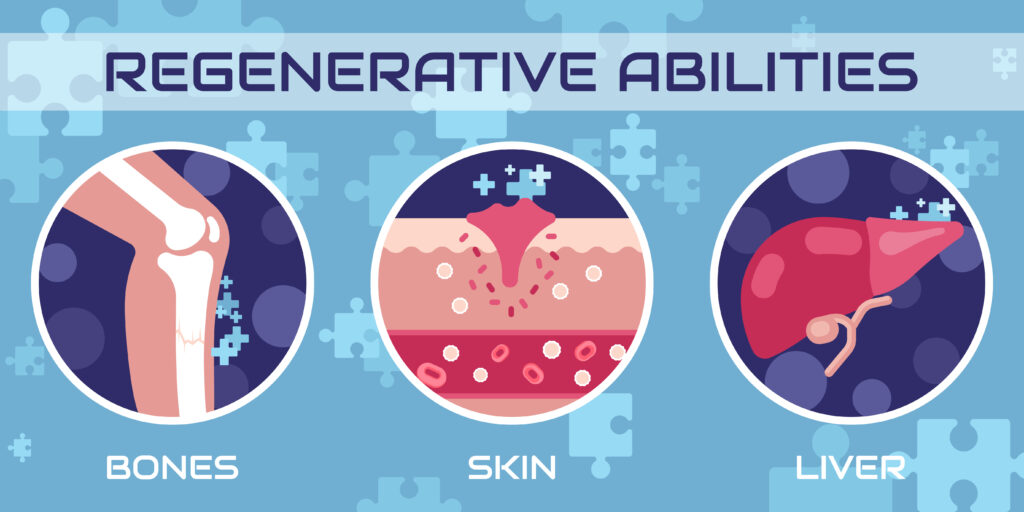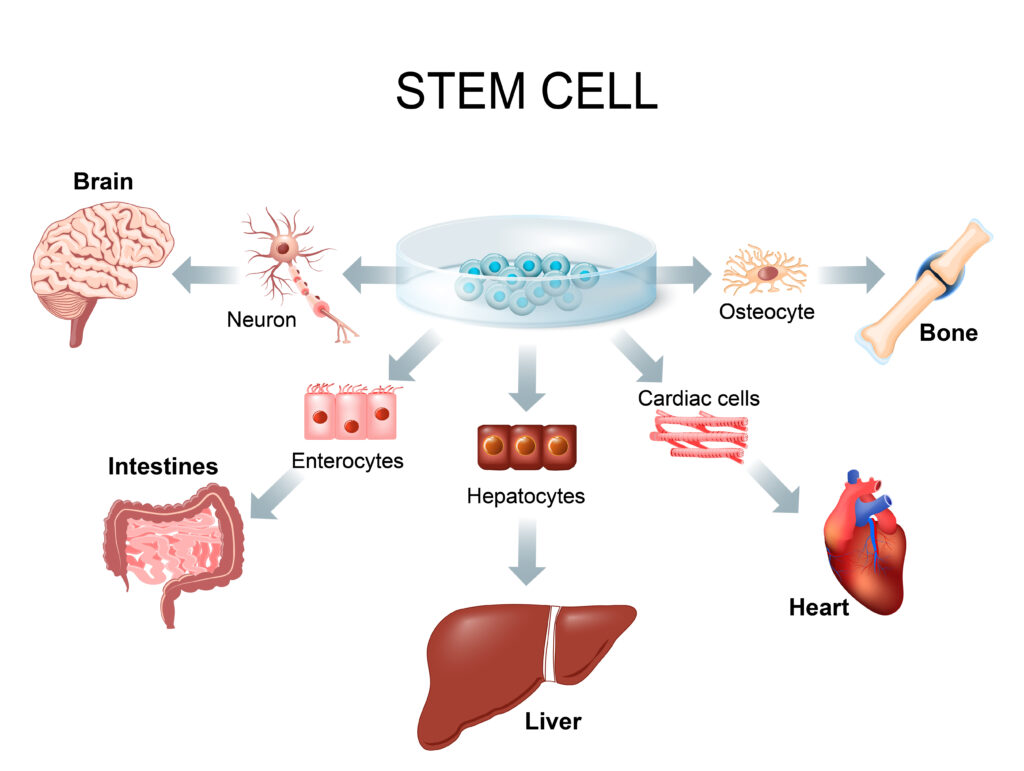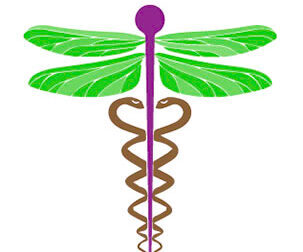Regenerative Medicine

What is Regenerative Medicine
Regenerative Medicine is one of the most exciting advances in medicine in the last 20 years. It is based upon the fact that given the right circumstances, the body can heal itself of may injuries and wear and tear on the body.
Regenerative medicine is a rapidly evolving field that aims to replace or regenerate damaged or lost cells, tissues, and organs. It seeks to restore normal function and structure by harnessing the body’s natural healing mechanisms or by using engineered biological substitutes. This interdisciplinary approach combines various techniques, such as tissue engineering, cellular therapies, and immunomodulation therapy, to develop innovative treatments for a wide range of diseases and injuries. The ultimate goal of regenerative medicine is to provide long-lasting cures rather than temporary treatments for complex medical conditions.
Here are some key aspects of regenerative medicine:
- Tissue engineering: This involves the use of cells, biomaterials, and biochemical factors to create functional tissue substitutes that can replace or support damaged tissues.
- Cellular therapies: These involve the use of living cells, such as stem cells, to repair or replace damaged tissues. Examples include the injection of stem cells or progenitor cells and the transfer of autologous adipose stem cells.
- Immunomodulation therapy: This involves the use of biologically active molecules, either alone or as secretions by infused cells, to modulate the host environment and promote regeneration.
- Organoids and 3D organ printing: These are advanced techniques used to create functional, three-dimensional tissue structures that can be used for research, drug testing, and potentially transplantation.
- Self-healing: This refers to the body’s ability to use its own systems, sometimes with the help of foreign biological material, to recreate cells and rebuild tissues and organs.
By combining these approaches, regenerative medicine holds the promise of transforming human medicine and providing new treatments for previously incurable diseases and injuries.
How does it work?
The human body has the natural ability to heal itself in many ways:
- A cut to the skin repairs itself
- broken bones mend
- a living-donor’s liver regenerates in a few weeks.
Today we have learned how to capture this naturally occurring ability to heal and apply it to a wide range of conditions. Heart disease, stroke, diabetes and osteoarthritis are examples of chronic conditions that are long lasting and do not resolve on their own. In western medicine, symptoms care managed with medication or medical devices but do not resolve the problem.
Regenerative medicine goes beyond disease management to search for and discover therapies that support the body in repairing, regenerating and restoring itself to a state of well-being. From prenatal surgical interventions to treatments for lifelong degenerative and disabling conditions, regenerative medicine therapies prompt the body to enact a self-healing response. These advancements in patient care across a wide range of medical specialties point to new solutions to expand and maintain optimal health and quality of life.

Regenerative Medicine - Stem Cells
Regenerative medicine often utilizes stem cells to help the body heal itself naturally. These treatments are not FDA approved at the present time so no claims can be made as to the effacy of the treatments for a specific disease or injury. There are ongoing clinic trials across the United States and Europe which show great promise for these treatments. Talk with us about how these may help you. The positive results of clinical trials so far show great promise and very few if any negative side effects.
We offer treatments for the following areas (and others):
- Autoimmune Disease
- Heart Disease (currently a treatment at several clinics include Mayo Clinic)
- COPD (currently in Phase 3 clinical trials)
- Covid lung damage (1 clinical underway)
- Musculoskeletal Repair (joints) (in use for over 10 years)
Regenerative Medicine treatments we offer:
We offer the following regenerative treatments:
I want to learn more
Provide us your contact information and we will get back to you as soon as possible.
